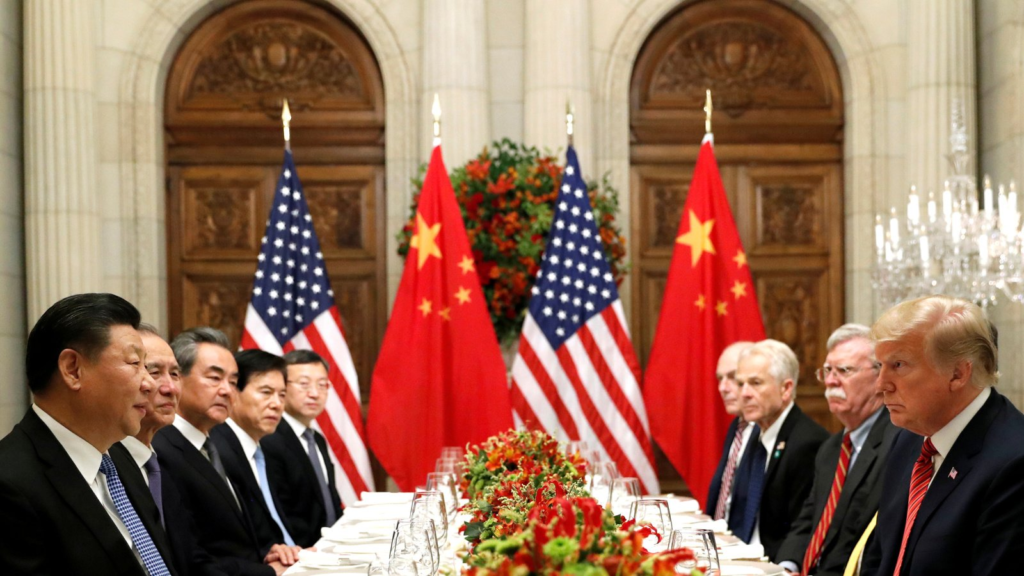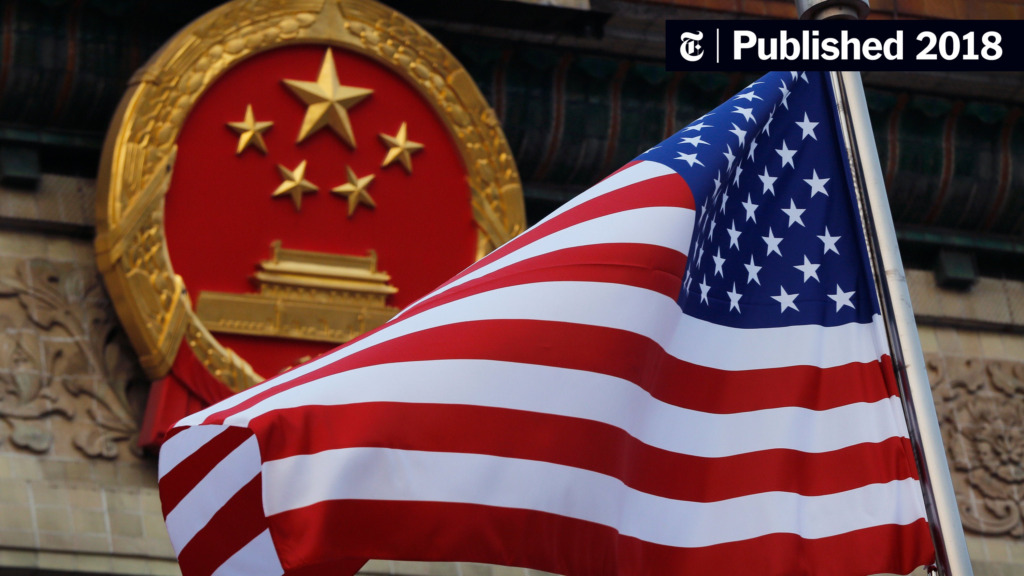The U.S.–China espionage case has become one of the most significant issues in global security today. This case has stirred deep concerns in the United States about protecting national secrets and has increased tensions between two of the world’s largest powers. As more details come out, this case highlights the growing problem of espionage in the digital age and the risks it creates for national security.
This article will explain the background of the case, why it matters for national security, how it affects relations between the U.S. and China, and what may happen next. The goal is to provide a clear and simple understanding of why this case is so important.
What Is the U.S.–China Espionage Case?
The U.S.–China espionage case involves accusations that Chinese intelligence agencies have been spying on the United States, stealing sensitive information from government agencies and private companies. Espionage means secretly gathering information to gain an advantage in politics, military affairs, or business.
In recent years, U.S. authorities discovered several incidents where Chinese operatives hacked into government and corporate computer systems. The latest case is especially serious because of the scale of the data stolen, including national security information, defense technologies, and trade secrets.

Why Does the Case Matter for National Security?
National security is about protecting a country’s people, land, and interests from threats. When a foreign power spies on a country, it can access information that could harm that country’s safety. This case is alarming for several reasons:
- Military secrets could be leaked. If China gains access to U.S. defense plans or advanced weapons technologies, it might weaken America’s military advantage.
- Economic damage can occur. Stolen trade secrets from U.S. companies may help Chinese businesses unfairly compete.
- Diplomatic trust breaks down. Spying creates suspicion and harms relationships between countries.
The U.S. government sees this case as a serious threat that could impact the nation’s security for many years.
How Has the U.S. Responded?
The U.S. government has taken several actions in response to the U.S.–China espionage case:
- Criminal charges have been filed against several individuals linked to the spying.
- Diplomatic efforts have been made to pressure China to stop espionage activities.
- Cybersecurity defenses have been strengthened to better protect sensitive information.
- Economic sanctions have been placed on Chinese organizations suspected of involvement.
Experts warn that espionage is an ongoing risk, and the U.S. must continue to be vigilant.
Impact on U.S.–China Relations
This espionage case has added to existing tensions between the U.S. and China. The two countries are already in conflict over trade, technology, and influence around the world. The spying accusations have made diplomatic talks even more difficult.
- Trust between the two countries is weakening, making cooperation on global problems harder.
- Military tensions could increase, especially in the Asia-Pacific region.
- Trade negotiations risk stalling as suspicion grows.
If these tensions are not handled carefully, the relationship between the U.S. and China could become more hostile, which would affect global peace and security.
What Does This Mean for the Future?
The U.S.–China espionage case shows the complex challenges nations face in today’s digital world. Espionage is no longer just about spies and secret gadgets; it now includes hacking and cyber warfare on a massive scale.
Looking ahead, both countries are likely to:
- Invest more in cybersecurity to protect their digital systems.
- Create or strengthen laws to deal with cyber espionage.
- Try to maintain diplomatic talks to avoid worsening conflicts.
The world will watch closely to see how this situation develops and how it affects international stability.

How Can Citizens Stay Informed and Protected?
While governments take action, individuals and businesses should also be aware of the risks of espionage and cyber threats. Here are some simple ways to stay safe:
- Keep up with reliable news about national security issues.
- Use strong passwords and regularly update your software.
- Be careful with emails and links from unknown sources.
- Support government efforts to improve cybersecurity and national security policies.
Understanding the U.S.–China espionage case helps people realize the importance of protecting personal and national information in a connected world.
Conclusion: Why the U.S.–China Espionage Case Matters
The U.S.–China espionage case is more than a news story. It highlights the dangers of spying and information theft in the modern world. National security depends on protecting secrets that keep a country safe and competitive. This case shows how espionage can have wide-reaching effects, impacting governments, economies, and everyday people.
Both the U.S. and China face the challenge of managing their rivalry to prevent further damage. The way these tensions unfold will influence the future of global relations and security
Do Follow USA Glory On Instagram
Read Next – Surge in Women’s Sports Drives NCAA and WNBA Viewership Growth






